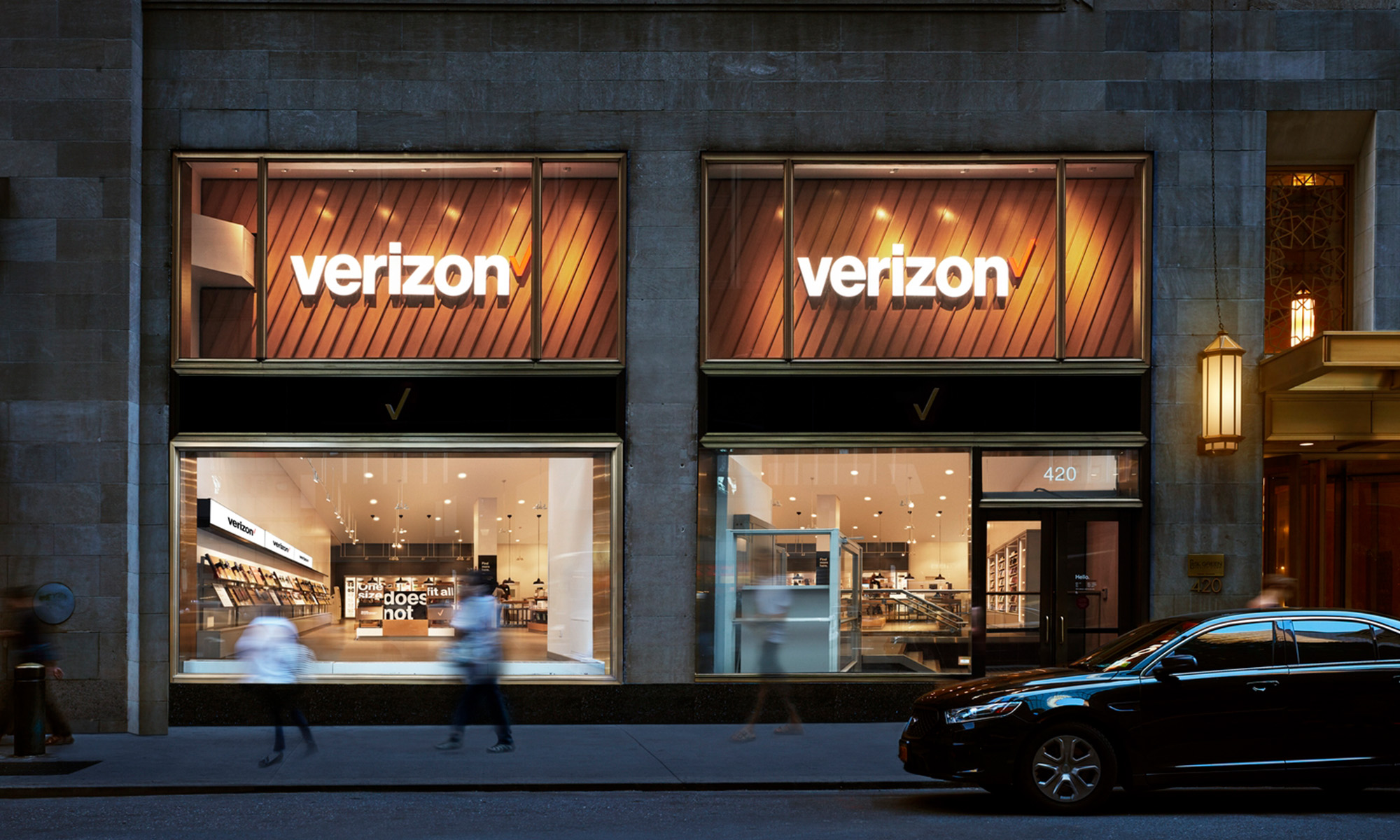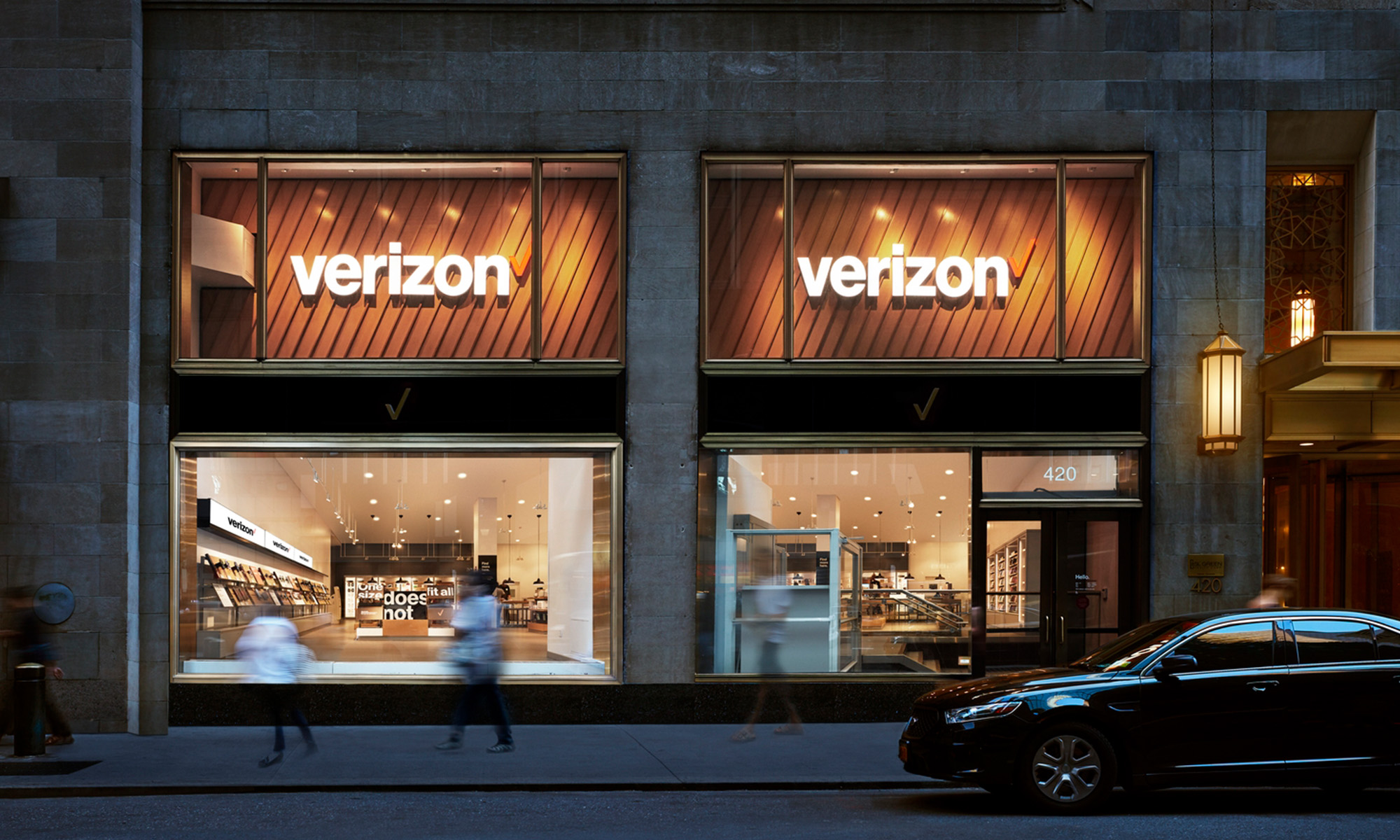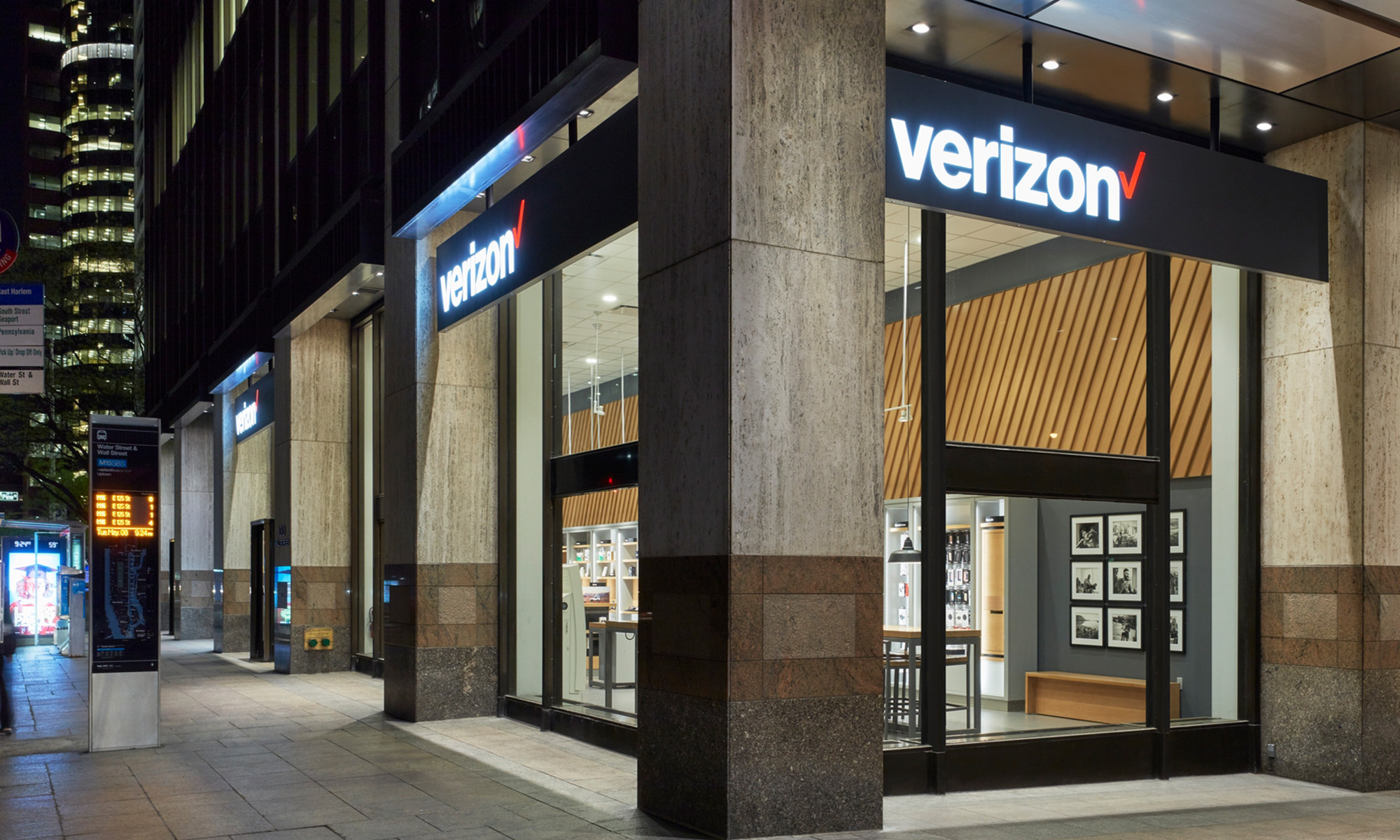One of the more notable dividend stocks of the last few years is Verizon Communications (VZ +11.81%). The company has been making regular payouts since soon after it split from AT&T in the early 1980s. Moreover, it has a 17-year streak of payout hikes. Contrast that with AT&T, which slashed its payout in 2022 after more than three decades of consecutive annual increases and hasn't boosted it since. That move implicitly strengthened the position of Verizon's dividend among its telecom peers, but it also calls into question whether it will maintain the payout at its current level.

NYSE: VZ
Key Data Points
The Verizon dividend
Verizon shareholders are receiving payouts of $2.66 per share yearly. At the current price, that amounts to a dividend yield of 6.6%, more than five times the S&P 500's average yield of 1.3%.
On the surface, the dividend appears sustainable. In 2023, Verizon's nearly $19 billion in free cash flow was more than enough to cover its $11 billion in total dividend outlays.
The problem may come with what that dividend precludes -- paying down Verizon's massive debt. In Q1, its debt rose slightly from the previous quarter to $152 billion. That represents a crushing burden when the company's total equity is only $96 billion.
Additionally, almost $16 billion of that debt matures over the next year, likely meaning Verizon will have to refinance some of it at a higher interest rate. Given all of this, it may be hard for the telecom to justify maintaining its dividend.
Should I buy Verizon for the dividend?
At $2.66 per share annually and a yield of 6.6%, Verizon stock offers a potentially lucrative dividend. Unfortunately, the company's finances are such that investors should question the payout's future.
When a stock's yield is far above the S&P 500's average, it's often a sign that sustainability has become an issue. Unfortunately, Verizon's huge debt makes that the case here, so investors should not buy the stock for the dividend.





